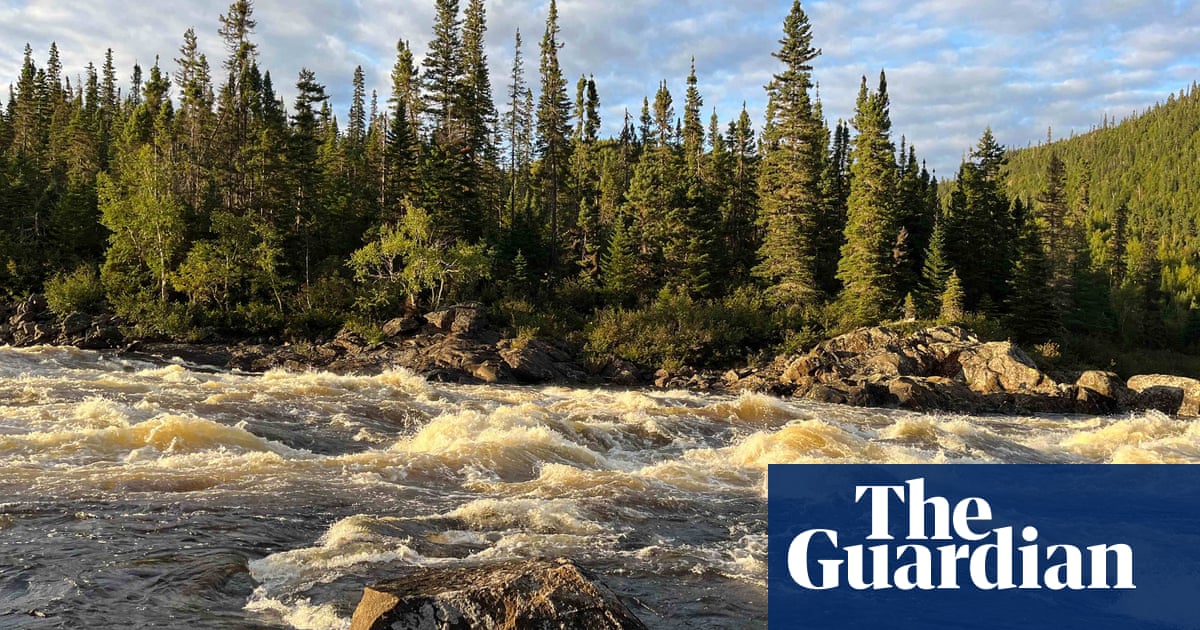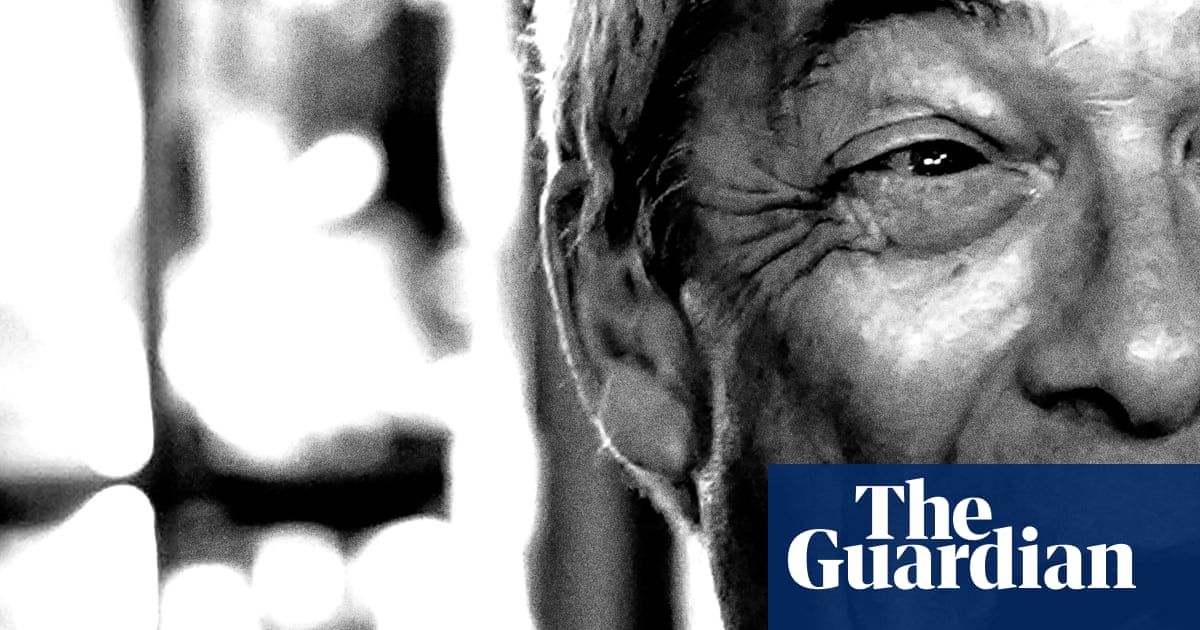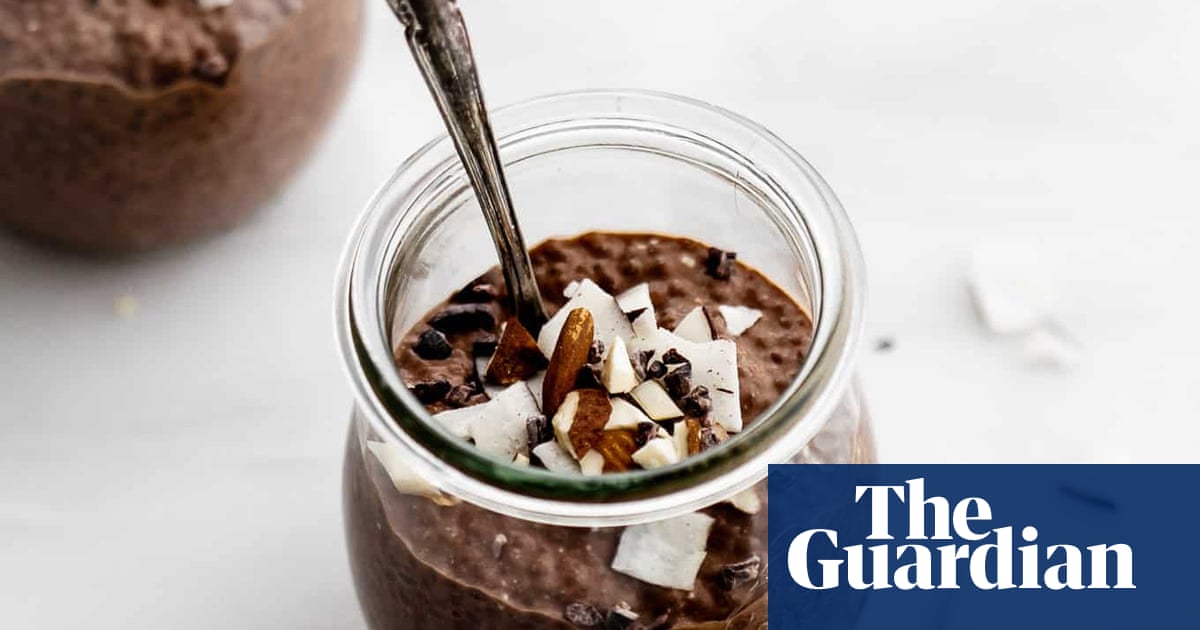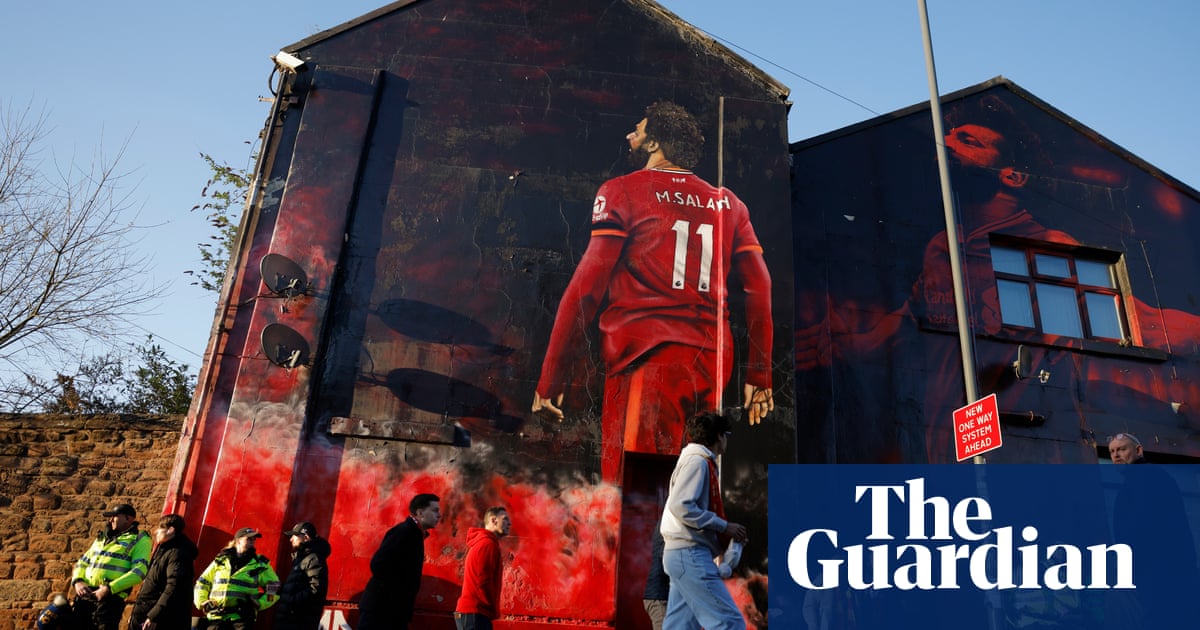Dundee University’s world-leading forensic science research centre, which inspired the hit BBC drama Traces, is under threat of closure as the institution attempts to plug a £30m budget deficit.
It is feared all 24 jobs will be axed at the Leverhulme Research Centre for Forensic Science, the largest interdisciplinary team in the UK dedicated to improving the science used to investigate crimes and prosecute those responsible.
“It’s absolutely scandalous that the university would throw out one of their most valuable assets,” said the award-winning crime writer Val McDermid, whose series Traces is based around a fictionalised version of the Leverhulme. “From revolutionising the investigation of fires to innovations like using comics to explain the intricacies of DNA to juries, what the centre has achieved is extraordinary.”
Teaching staff across the university will begin three weeks’ of strike action on Monday in protest against the financial mismanagement of the previous principal and his team, who resigned after the budget shortfall was revealed last November.
The Leverhulme was set up in 2016 by Dame Sue Black, best known for her work on war crimes investigations in Kosovo, along with Prof Niamh Nic Daéid, one of the world’s leading specialists in fire investigation and an expert witness at the Grenfell inquiry, who is still a director.
As well as its international research reach, the centre has also had a significant impact on fictional representations of crime, said McDermid. “Scottish crime writing is probably more accurate than anywhere else in the world because of the generosity of the experts there, who will answer your questions and tell you three more things you didn’t know.”
Lin Anderson, that creator of the forensic scientist Rhona MacLeod and co-founder of the Tartan Noir book festival, Bloody Scotland, said that without the input of the Leverhulme, “I couldn’t have written the books the way I wanted to”.
Leverhulme experts are frequent guests at Bloody Scotland events, said Anderson: “Anyone can end up on a jury, and they want what people are reading in crime fiction to be as accurate as possible.”
The Labour MP for North East Scotland, Michael Marra, who was previously a deputy director of the centre, said it was “a case study of how the university had failed to capitalise on its areas of real excellence”.
“It doesn’t make sense. Staff have worked with judiciary across the UK to modernise the scientific underpinnings of court cases and are now pioneering a drug-testing service that could impact Scotland’s terrible record on drug deaths.”
Marra questioned why the university had sent around redundancy notices to staff last week when the centre still had 16 months of its 10-year funding grant from the Leverhulme Trust remaining. He also raised concerns that those staff would not be included in any forthcoming severance schemes.
“The Scottish government has created a business model where cuts to funding for Scottish students means fee income from other sources subsidises those students rather than cross-subsiding research, leading our institutions to make crazier and crazier decisions about revenue,” he said.
A spokesperson for Dundee University said: “As the external funding is coming to an end, we have entered into consultation with staff in the centre at an early stage. This is normal process when we are approaching the end of a large externally funded project.”
They said the centre would continue to operate until that funding ends next year, and that forensic science would remain “a key pillar of the university”.

.png) 2 months ago
32
2 months ago
32













































